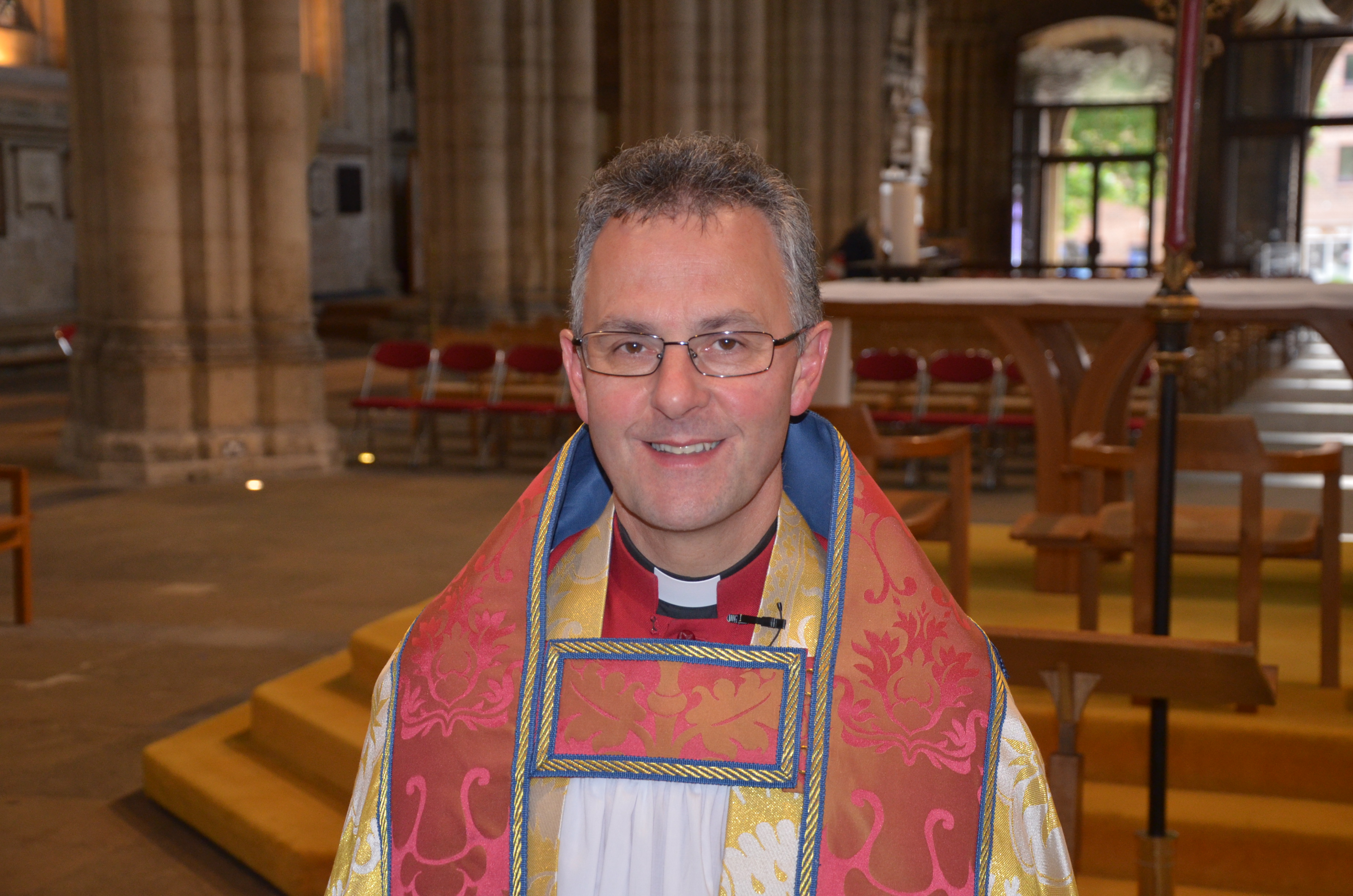 The Very Revd John Dobson, Dean of Ripon has written a personal reflection to mark the 1,700th anniversary of the Nicene Creed.
The Very Revd John Dobson, Dean of Ripon has written a personal reflection to mark the 1,700th anniversary of the Nicene Creed.
First published in the Harrogate Advertiser, Dean John writes: “I believe in God, the Father Almighty,” - these are the first words of the Nicene Creed, a statement of Christian faith used daily in churches around the world, which is 1,700 years old this year.
Eleven years ago, on the eve of Trinity Sunday, I began my ministry at Ripon, which has a strong community.
It reminds Christians that our faith is not founded on wishful thinking or the most recently marketed tips for a satisfying life; neither is it focussed on securing essentials such as a safe home and income. This faith has substantial content, something assented to when people are baptised and confirmed, and often in worship.
The Nicene Creed was first authorised by the Church at the Council of Nicaea in 325AD. This was a great meeting of bishops and theologians, called to resolve a major point of debate to do with the nature of Jesus. At last, with this gathering, an agreed position acknowledged that while Jesus of Nazareth was fully human, he was also the Son of God, who was as much God as God the Father. In time then, the Nicene Creed came to be accepted as an authoritative statement of the Christian faith which believes God to be Father, Son and Holy Spirit – one in three, and three in one – the Holy Trinity.
In a BBC celebration of the Nicene Creed early in this 1,700th anniversary year, the Christian poet, Malcolm Guite said: 'It is worth pausing for a moment to consider how astonishing this anniversary is. The Nicene Creed has summarised, expressed, and opened out the heart of our shared Christian faith for 17 centuries. Almost nothing else in our culture and heritage has lasted that long. This creed has persisted through wars and revolutions, through changes of dynasty, the birth and development of languages, the rise and fall of empires. It has even survived the tragic divisions of Christendom. For even as Churches and nations battled each other over different understandings of church order, of scripture and of sacrament, they still held this creed in common’.
Eleven years ago last weekend, on the eve of Trinity Sunday, I began my ministry at Ripon. More than 1,000 people attended the service, each receiving a prayer card with a copy of the famous Rublev icon of the Trinity. Inspired by the account of Abraham showing hospitality to three visitors at Mamre, it’s a powerful image of the three persons of the Trinity - Father, Son and Holy Spirit - sitting at a table, in perfect community with each other; a community of love open to others being drawn into it.
It’s as if each of us is invited to accept that love and be drawn into that community.
In my sermon, I said: “This Cathedral Church, just like the Church of England and our ecumenical partners, serves God’s mission best when it seeks to be a community reflecting the loving community that is God.
“Yes, within our unity there is diversity and the differences are respected, as long as the thing that unites us is a heart-felt desire to grow with one another into the loving mystery which is God.”
On Trinity Sunday (last Sunday), we celebrated the good news that all are invited into the loving community which is God: church and world alike. Like many, I rejoice in the strong community seen at Ripon Cathedral and in churches across the Diocese of Leeds and this region.
The Church does not exist for itself, of course, but to serve the world. I’m always impressed by how many members of our churches, and others, give of themselves to build up strong community in wider society, helping to create a world which is more like heaven than otherwise it would be.”
The Church of England has produced a wealth of resources for use in the 1,700th anniversary year which may be found here.
